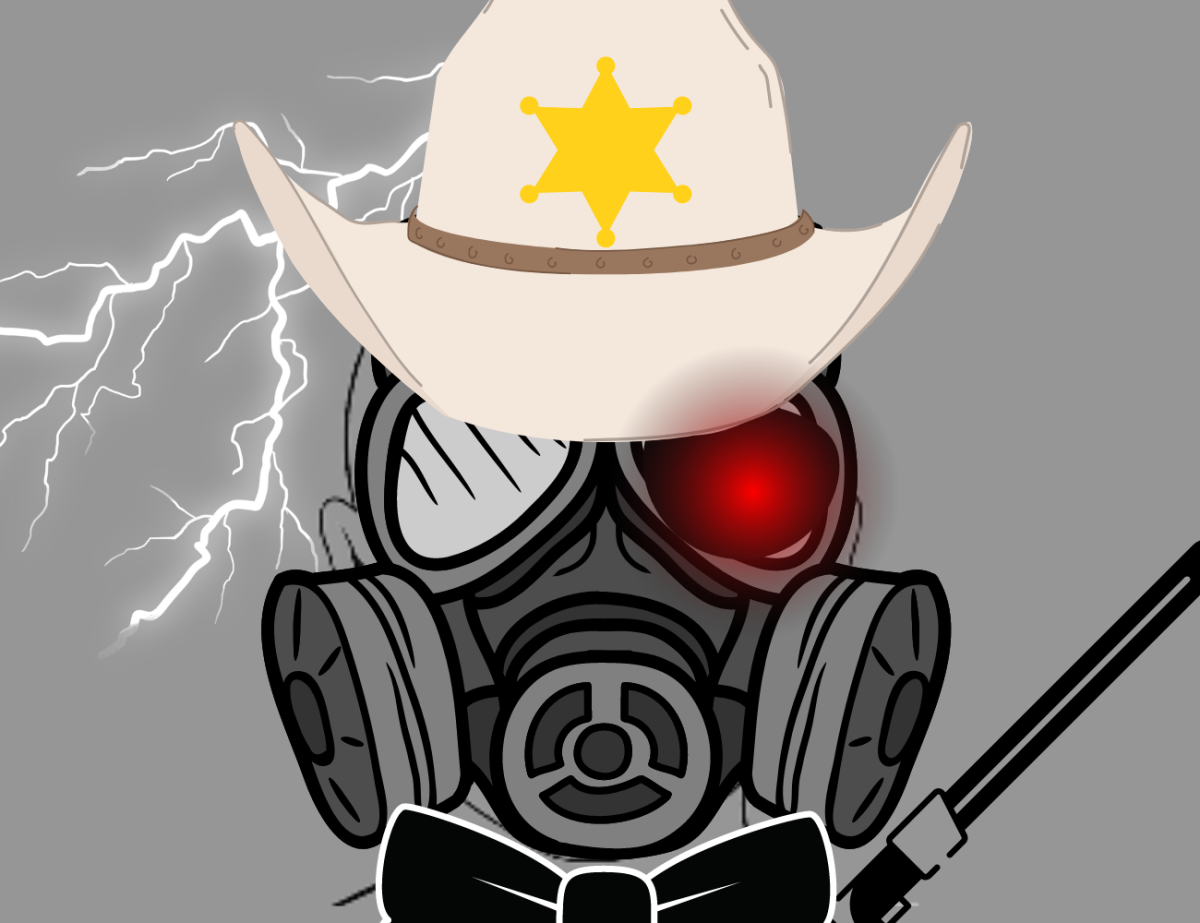Since its introduction in 1889, the entertainment industry has continued to grow and has produced countless fictional characters for audiences to grow attachments to or form connections between; from the vast collections of books to the widely popularized cinema. Yet viewing and controlling the actions of these characters are two entirely different experiences – something that has vastly modernized the art of video games.
Role-Playing-Games (RPGs) have players take on the persona of their respective protagonist, allowing the opportunity to learn off of and share bonds between its characters on a deep level, whether able or unable to manipulate their actions. Some examples of role playing games include titles like the well-received western “Red Dead Redemption 2;” the later-Netflix-adapted “The Witcher 3: Wild Hunt;” and – a new addition to its famous franchise – the highly anticipated “GTA VI.”
When immersed in a video game – unlike any other form of entertainment – players will not only share the triumphs and defeats that their character experiences, but will themselves be subjected to such dilemmas within “gameplay” segments. To spark these emotions, a surge of thrill must be gained first.
“The reward center in the brain releases dopamine in response to a pleasurable experience or hyperarousal,” says Mayo Clinic Health System, an organization that employs community-focused medical facilities. “If a person experiences hyperarousal while playing video games, the brain associates the activity with dopamine.”
Envision watching an action packed movie where tensions are at a high, as are viewers’ dopamine levels. A character the audience has grown fond of tragically dies in the crossfire of the battle, sending this growing thrill into a downward spiral of defeat. If the same end result was achieved but lacked the excitement to build off of, the death would not be as impactful.

The same could be said for the division of gameplay and story elements within a video game: building off each other to make an all-around enjoyable experience. As time progresses, players will feel their bond with their controlled character strengthening to a greater extent than of any book or film.
From their connection, “players change their self-concept by adopting relevant attributes of the character,” SpringerLink states. “For instance, they perceive themselves as more courageous, heroic, and powerful.” As a result, self-growth is undoubtedly one of the greatest positives that comes with highly influential game protagonists.
Frank Henry Reyes, a history teacher at Sage Creek and regular RPG player, believes it is natural for players to feel a connection with their character.
Role-playing characters “can help you be better at communication and at being friendlier and more patient,” Henry Reyes said. “As far as one’s character goes, you learn to ask good questions and be a good team player. Some of the best games I have played have been role-playing games.”
Though time and exhilaration are key factors in the enjoyment of video games and potential reasons behind player and character bonds, it truly comes down to how the character is written.
Chrise Winkle with the site Myth Creants believes that “likability is necessary” for players “to become emotionally attached to characters” and in turn “to care about everything else by extension – including the story’s plot.” This makes “small events feel important,” and allows for stronger motivation “to continue the story – even if it’s boring or unpleasant.”
As player preference varies, the wide variety of video games are able to accommodate their interests in specific character traits, such as more mysterious “silent protagonists” or those constantly at the benefit of others. Yet what can truly define a protagonist is how they develop throughout their journey – making for a more captivating story. Since growth is necessary to succeed in the real world, a simple concept like this could make these imaginary worlds seem as less far of a stretch from reality.
“While character development can increase player engagement, interesting and evolving characters can also make the game feel more immersive,” website Adventures To Authenticity said. “Just as real people change over time, having characters that react and grow from their experiences will make them feel more realistic.”
Although this could apply to any element of the fictional world, the feeling of progressing alongside these characters can leave a lasting impact that carries on throughout life.

While sophomore Benjamin Atiga-Musser does enjoy playing RPGs to experience character progression, he also explores a wide range of other game genres.
“Playing “God of War” made me realize how dope it is to go out for revenge when you lose everything,” Atiga-Musser said. “Personally, I prefer other games like “Mortal Kombat” and gun games because I like to let others know that I am better than them. That’s why I play online, so I can destroy other people at their favorite games.”
For casual, hardcore and mixed gamers alike, video games are an outlet for various forms of expression. Without their presence, the constant pressures of life would bleed in to create more and more stress – making the incorporation of these digital worlds a daily necessity.
Year after year, the art and traditions of video games have exponentially grown alongside the characters that lead them. With this, many gamers have found comfort within these characters and gained traits they may have never imagined possessing.
Role-playing characters were not designed to be viewed, but instead to symbolize development and the expansion of perception. In a world brimming with corruption and tragedy, fictional characters like Batman, Hanzo and Mario will be there as guides into the light.









